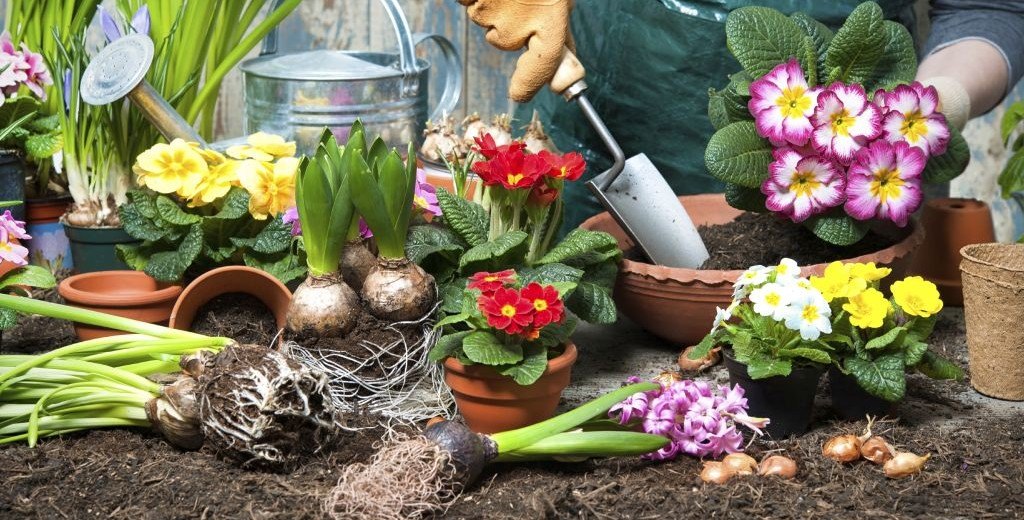Compost is an important supplement to improve fertility of your garden’s soil, helps to retain soil’s moisture and adds nutrient-rich humus that improves growth of your plants and refurbishes the depleted soil. It’s easy to make and good for our environment. Organically prepared manure has many advantages over chemically prepared manure and is good for the environment
Organically created fertilizers release nitrogen gradually at a slow pace, which helps the plants to grow at a more stable and steady pace. Such manure promotes nutrient storage mechanisms in the soil organically, and the effects of manure last longer. When you use organic fertilizer, your garden requires less water. Organic manure also helps to maintain soil’s original structure and reduces soil erosion.
If you make manure at home you use close to 30% of household waste that would otherwise go to the garbage can into creating something that will make your garden green and reap better quality of fruits and vegetables.
Organic compost contains some microscopic organisms that enable soil to breathe, helps to ward off plant diseases.
Until some years ash was used as vegetable garden fertilizer. But later on some toxic residues were discovered causing harm to the plants. Now those who grow their own kitchen gardens and make compost at home suggest that coal ash should be replaced with potassium rich green sand.
Seaweed is high in nutrients that unlock micro-nutrients from the soil and boost plant’s growth. Rock dust can make up for mineral deficiencies in your the vegetable garden. Peanut shells are supposed to be rich in carbon, also help the soil to breathe easy improving its fertility. Leaves that fall off plants and trees when stored for a year in a compost bin makes for a great, free, organic fertilizer.
There are many types of fertilizers you can make at home. You can find out about each one of these from the net. There is Fireplace Ash Fertilizer, grass fertilizer, fish tank water fertilizer, compost used tea leaves, fallen leaves fertilizer, household waste fertilizer and so on.
Do not try to make fertilizer with meat, bones, pet manure, black walnut leaves or fish scraps since it will attract pests. Similarly avoid using banana peels, peach peels and orange rinds to make your manure as they are likely to contain pesticide residue.
As you start to make compost at home you should know that different wastes will decompose at different pace but finally they’ll all break down. To speed up the composting process, chop waste material into smaller pieces. Fallen leaves and grass clippings make for excellent for compost ingredient; however they should be thrown into the bin with other materials or mix it with soil. Don’t place years of soil and waste material as it will reduce breathing and slow down the process of manure making.
If you know of more ways and ingredients to make compost at home, do share them with our readers.

